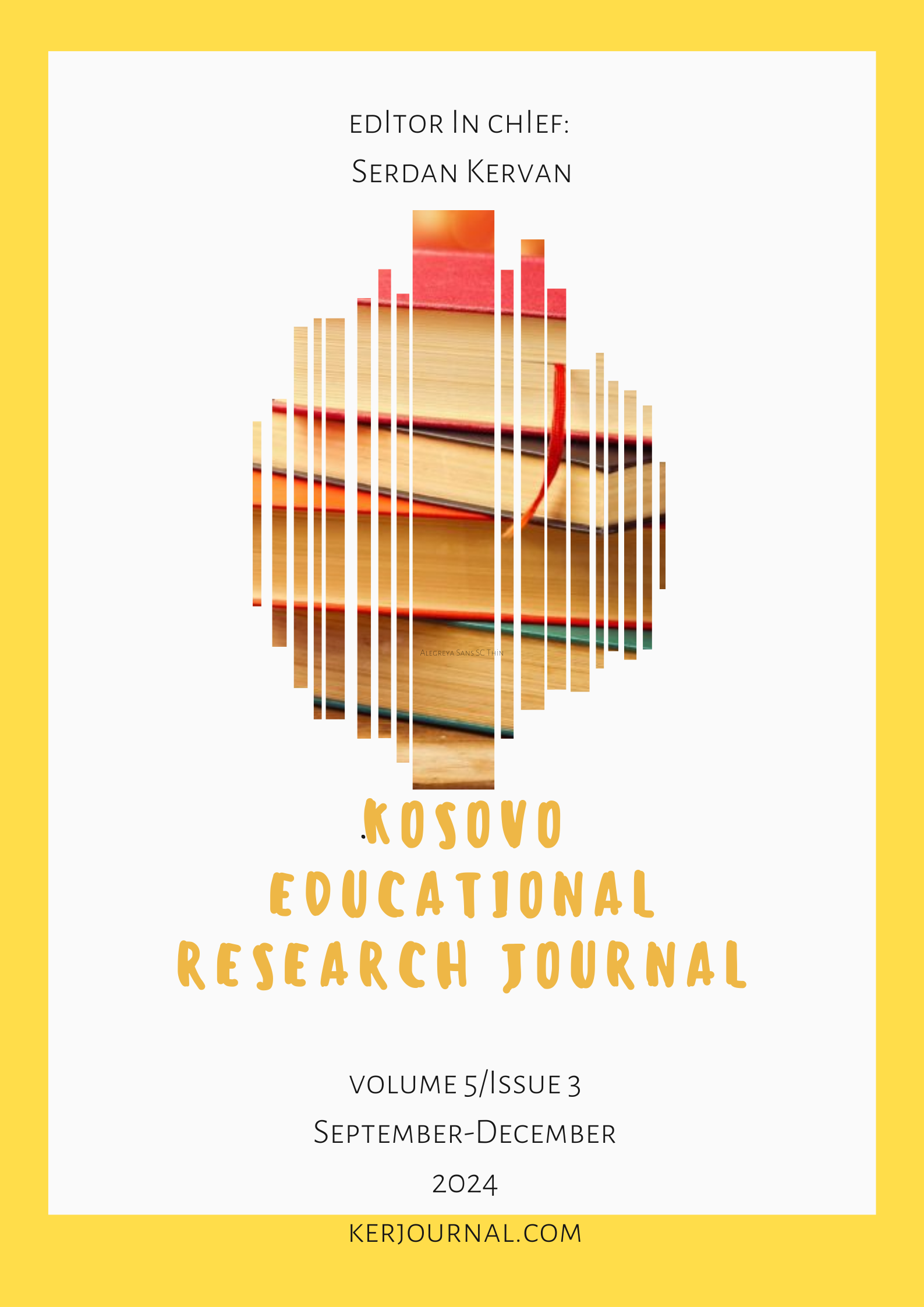İlköğretim ve Ortaöğretim Kurumlarında Çalışan Öğretmenlerin Örgütsel Adalet Düzeylerinin İncelenmesi
Author :
Abstract
Bu çalışma, ilköğretim ve ortaöğretim kurumlarında görev yapan öğretmenlerin örgütsel adalet düzeylerini araştırmayı amaçlamaktadır. İlkokul, ortaokul ve liselerde görev yapan öğretmenlerin bazı demografik özellikler açısından örgütsel adalet düzeyleri arasında anlamlı bir farklılık olup olmadığını belirlemek amacıyla yapılmıştır. Araştırmada tarama modeli kullanılmıştır. Araştırmanın evreninde 2022-2023 eğitim öğretim yılında Rize ili ve ilçelerinde görev yapan öğretmenler yer almaktadır. Araştırmanın örneklemini Rize ili ve ilçelerinde görev yapan 159 öğretmen oluşturmaktadır. Araştırmada basit tesadüfi örnekleme yöntemi seçilmiştir. Araştırmada veri toplama araçları olarak, “Kişisel Bilgi Formu” ve “Örgütsel Adalet Ölçeği” kullanılmıştır.
Araştırmanın sonuçlarına göre öğretmenlerin örgütsel adalet ölçeğinin alt boyutları ve tamamına yönelik olarak görüşlerinin ortalaması katılıyorum düzeyinde olmuştur. Öğretmenlerin örgütsel adalet algıları cinsiyet, yaş, okul türü, eğitim durumu ve kıdem yılı değişkenlerine göre farklılaşmamıştır. Çalışma önerilerle sonlanmaktadır.
Keywords
Abstract
This study aims to investigate the organizational justice levels of teachers working in primary and secondary schools. It was examined whether there is a significant difference between the organizational justice levels of teachers working in primary, secondary and high schools in terms of some demographic characteristics. Survey model was used in the research. The population of the research includes teachers working in Rize province and its districts in the 2022-2023 academic year. The sample of the research consists of 159 teachers working in Rize province and its districts. Simple random sampling method was chosen in the research. "Personal Information Form" and "Organizational Justice Scale" were used as data collection tools in the research.
According to the results of the research, the average of teachers' opinions regarding the sub-dimensions and the entire organizational justice scale was at the agree level. Teachers' perceptions of organizational justice did not differ according to gender, age, school type, educational status and years of experience. The study ends with recommendations.





